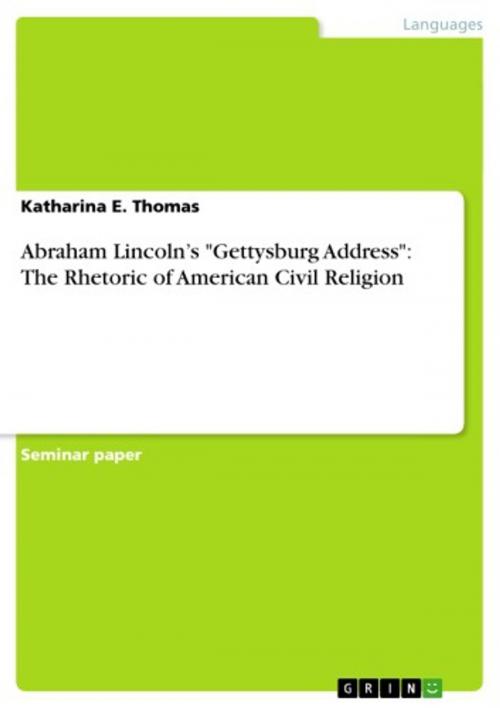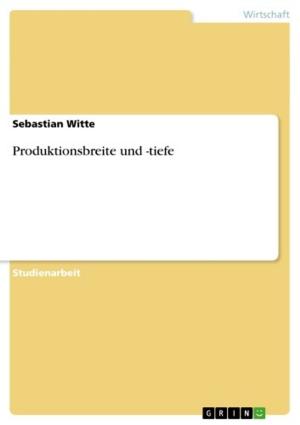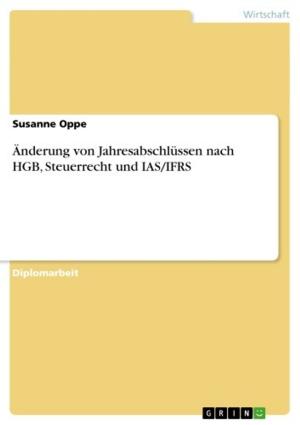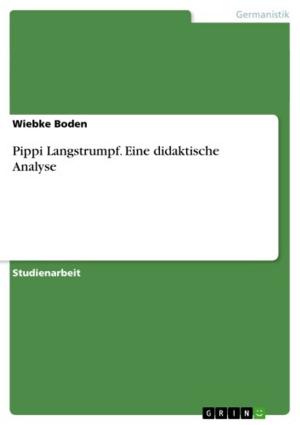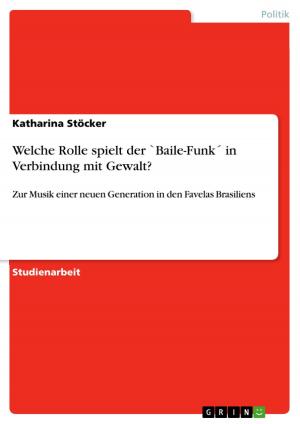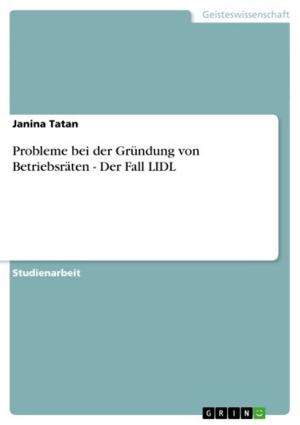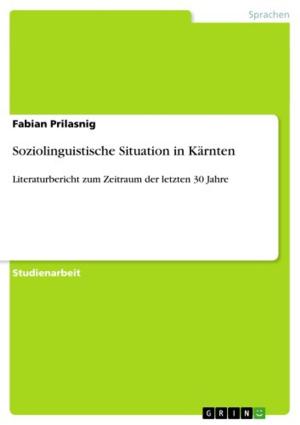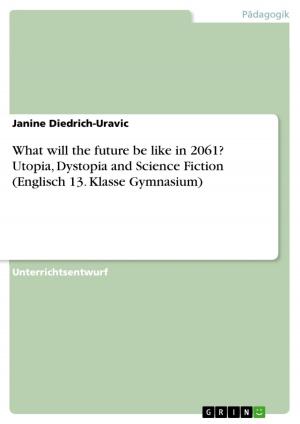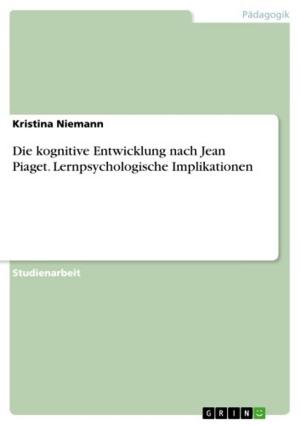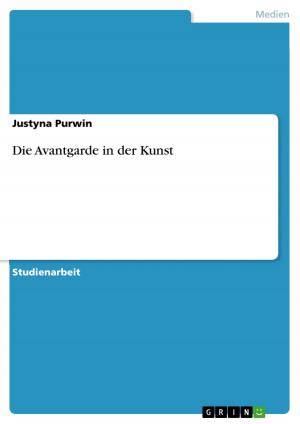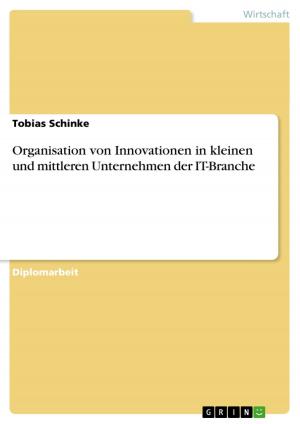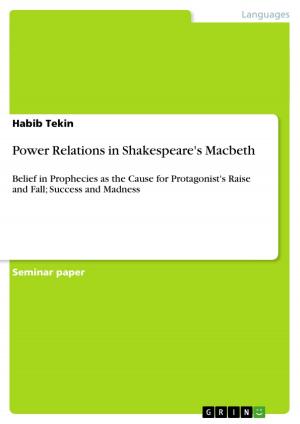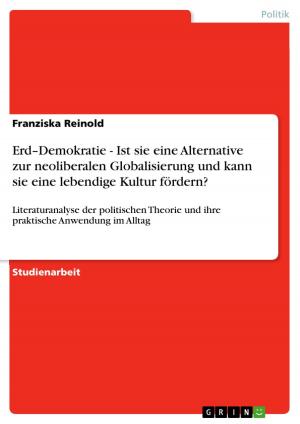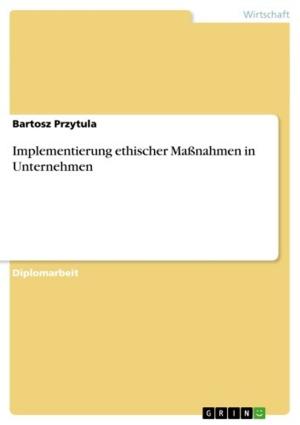Abraham Lincoln's 'Gettysburg Address': The Rhetoric of American Civil Religion
Nonfiction, Reference & Language, Language Arts, Public Speaking, Rhetoric| Author: | Katharina E. Thomas | ISBN: | 9783640930838 |
| Publisher: | GRIN Verlag | Publication: | June 3, 2011 |
| Imprint: | GRIN Verlag | Language: | English |
| Author: | Katharina E. Thomas |
| ISBN: | 9783640930838 |
| Publisher: | GRIN Verlag |
| Publication: | June 3, 2011 |
| Imprint: | GRIN Verlag |
| Language: | English |
Seminar paper from the year 2009 in the subject Rhetoric / Elocution / Oratory, grade: 1,3, The University of North Carolina at Chapel Hill, course: Allgemeine Rhetorik, language: English, abstract: Abraham Lincoln's Gettysburg Address has played a powerful role in shaping American public discourse over the centuries. It has become one of the central documents in the evolution of American civil religion - imbued with religious and biblical language and imagery, backed by the ethos of its orator, its rhetoric sanctifies the founding documents and itself becomes part of the canon of 'holy writ' of American civil religion. This is all the more remarkable considering the fact that Lincoln was originally only supposed to deliver a few appropriate remarks at the dedication of the Gettysburg battlefield as a cemetery for the fallen soldiers. The main speaker, Edward Everett, had already given a long speech when Lincoln's turn came. The situation which thus presented itself to the orator posed a considerable challenge, as the audience was already weary. It is therefore all the more fascinating to see how Lincoln succeeded in his short, dense speech - which did not even give the photographer sufficient time to take his picture - in molding American identity by fusing 'organic union with transcendent purpose by utilizing the religious symbolism of the Christian tradition' (White 97). This paper will examine how the Gettysburg Address came to be one of the central documents of American civil religion, which had a significant influence on all future public discourse.First, it will provide a brief discussion of Abraham Lincoln as an orator. This aspect is important insofar as it is necessary to determine what role his personal ethos played in the Gettysburg Address. The main part will offer a close reading of the Gettysburg Address, focusing on an in-depth analysis of the rhetorical strategies and stylistic devices Lincoln employs. This part is concerned especially with the question of how these strategies contribute to the enduring significance of the Gettysburg Address as a central document of American civil religion.
Seminar paper from the year 2009 in the subject Rhetoric / Elocution / Oratory, grade: 1,3, The University of North Carolina at Chapel Hill, course: Allgemeine Rhetorik, language: English, abstract: Abraham Lincoln's Gettysburg Address has played a powerful role in shaping American public discourse over the centuries. It has become one of the central documents in the evolution of American civil religion - imbued with religious and biblical language and imagery, backed by the ethos of its orator, its rhetoric sanctifies the founding documents and itself becomes part of the canon of 'holy writ' of American civil religion. This is all the more remarkable considering the fact that Lincoln was originally only supposed to deliver a few appropriate remarks at the dedication of the Gettysburg battlefield as a cemetery for the fallen soldiers. The main speaker, Edward Everett, had already given a long speech when Lincoln's turn came. The situation which thus presented itself to the orator posed a considerable challenge, as the audience was already weary. It is therefore all the more fascinating to see how Lincoln succeeded in his short, dense speech - which did not even give the photographer sufficient time to take his picture - in molding American identity by fusing 'organic union with transcendent purpose by utilizing the religious symbolism of the Christian tradition' (White 97). This paper will examine how the Gettysburg Address came to be one of the central documents of American civil religion, which had a significant influence on all future public discourse.First, it will provide a brief discussion of Abraham Lincoln as an orator. This aspect is important insofar as it is necessary to determine what role his personal ethos played in the Gettysburg Address. The main part will offer a close reading of the Gettysburg Address, focusing on an in-depth analysis of the rhetorical strategies and stylistic devices Lincoln employs. This part is concerned especially with the question of how these strategies contribute to the enduring significance of the Gettysburg Address as a central document of American civil religion.
